While their use is not as widespread as the MySql (which is not entirely free) is a more robust and secure than the commercial RDBMS, besides complying fully with the work assigned.
Its main features can quote:
- High Concurrecia
- Wide variety of native types
* arbitrary precision numbers.
* Text of unlimited length.
* Shapes (with a variety of related functions)
* IP addresses (IPv4 and IPv6.) Blocks
* CIDR-style addresses.
* MAC.
* Arrays.
Additionally users can create their own data types, which can be fully indexable by PostgreSQL GiST infrastructure. Some examples are data types created by the project GIS PostGIS. Other features
* also known as foreign key or foreign keys Foreign Keys (foreign keys).
* triggers (triggers), a trigger defined in a specific action based on something witty in the database. PostgreSQL this means the execution of a stored procedure based on a particular action on a specific table. Now all the triggers are defined by six characteristics:
The name of the trigger or trigger
The moment the shutter should start
The event trigger to be activated on ...
The table where the trigger is activated
execution frequency
function could be called
then combining these six characteristics, PostgreSQL allows you to create a wide functionality through its activation system triggers (triggers).
* Views.
* transactional integrity. * Inheritance
tables.
* Data types and geometric operations. Features
blocks of code that are executed on the server. Can be written in various languages, with the power that gives each of them, from basic programming operations, such as branches and loops, to the complexities of object-oriented programming and functional programming.
triggers (triggers in English) are functions linked to operations on the data.
Some of the languages \u200b\u200bthat can be used are: * A language
own call [PL / PgSQL [1] [2] (similar to PL / SQL for Oracle).
* C.
* C + +.
* Delphi * Java PL / Java web.
* PL / Perl.
* plPHP.
* PL / Python.
* PL / Ruby.
* PL / sh.
* PL / Tcl.
* PL / Scheme. * Language
R statistical applications using PL / R.
supports PostgreSQL functions returning "rows", where the output can be treated as a set of values \u200b\u200bthat can be treated equally to a row returned by a query (query in English).
Functions can be defined to run with user rights or the rights executing a previously defined user. The concept of functions, in other DBMS, are often referred to as "stored procedures" (Stored procedures in English).
We can work with postgresql from Delphi using components or components Zeoslib UniDAC , PostgresDAC these last commercial.
Online support available to this tool is broad. From the website http://www.postgresql.org can download the latest version installed (8.4.1) for different operating systems, Windows, Linux, Mac, Unix etc, plus access to a rich collection of documents and manuals, can solve most problems that often confront. If needed more help on the site are links to mailing lists, books and user groups.
In conclusion PostgreSQL is a serious alternative to the time of having a development involving the use of a database manager to match the major brands. Greetings
Mr. Victor J. L. Acosta



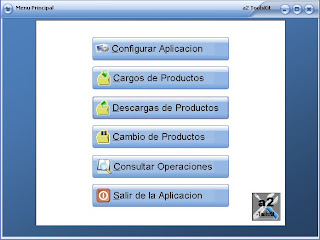
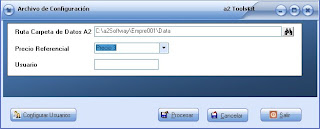
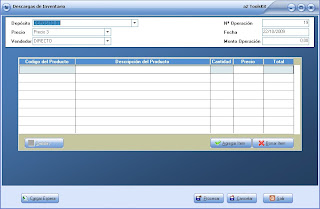
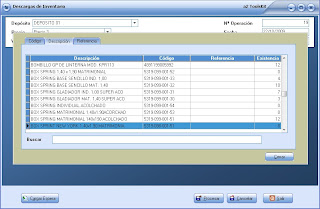
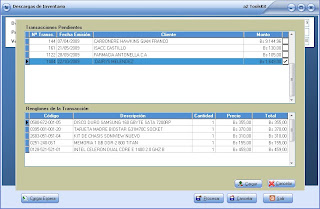
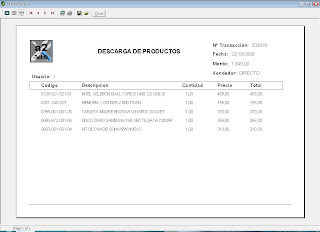
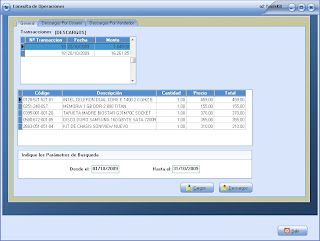

 this week was held in Caracas in the Halls of the Hotel National Convention Eurobuilding Dealers Software house a2 Softway CA Kamal Abidal and Its CEO representatives of the firm in Colombia unveiled the new developments that intend to apply to databases with the move to client server with version 4.8 of the database manager. It also discusses the new a2 Hotel, next to market, and other topics of commercial interest. Particularly I think it was just the change of ancient and DBISAM 2.8 (which has no support or in-house Company website
this week was held in Caracas in the Halls of the Hotel National Convention Eurobuilding Dealers Software house a2 Softway CA Kamal Abidal and Its CEO representatives of the firm in Colombia unveiled the new developments that intend to apply to databases with the move to client server with version 4.8 of the database manager. It also discusses the new a2 Hotel, next to market, and other topics of commercial interest. Particularly I think it was just the change of ancient and DBISAM 2.8 (which has no support or in-house Company website 






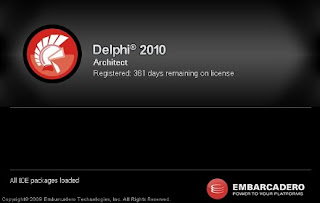



 Here you can download the components
Here you can download the components 






